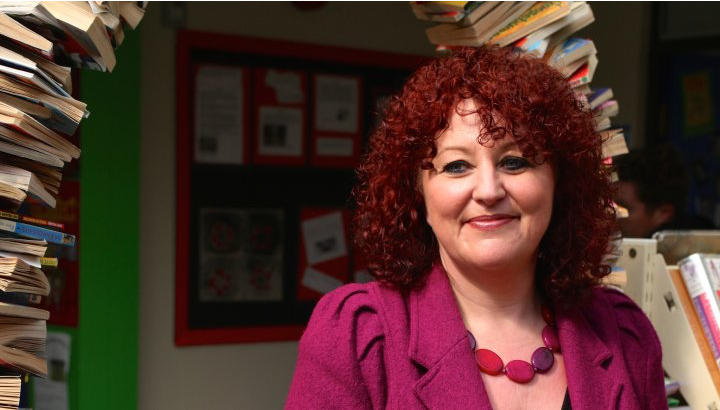
KS2 Reading Success
See ReadingWise English in action and find out what learners think of it, how it works for TAs and why this head is in.
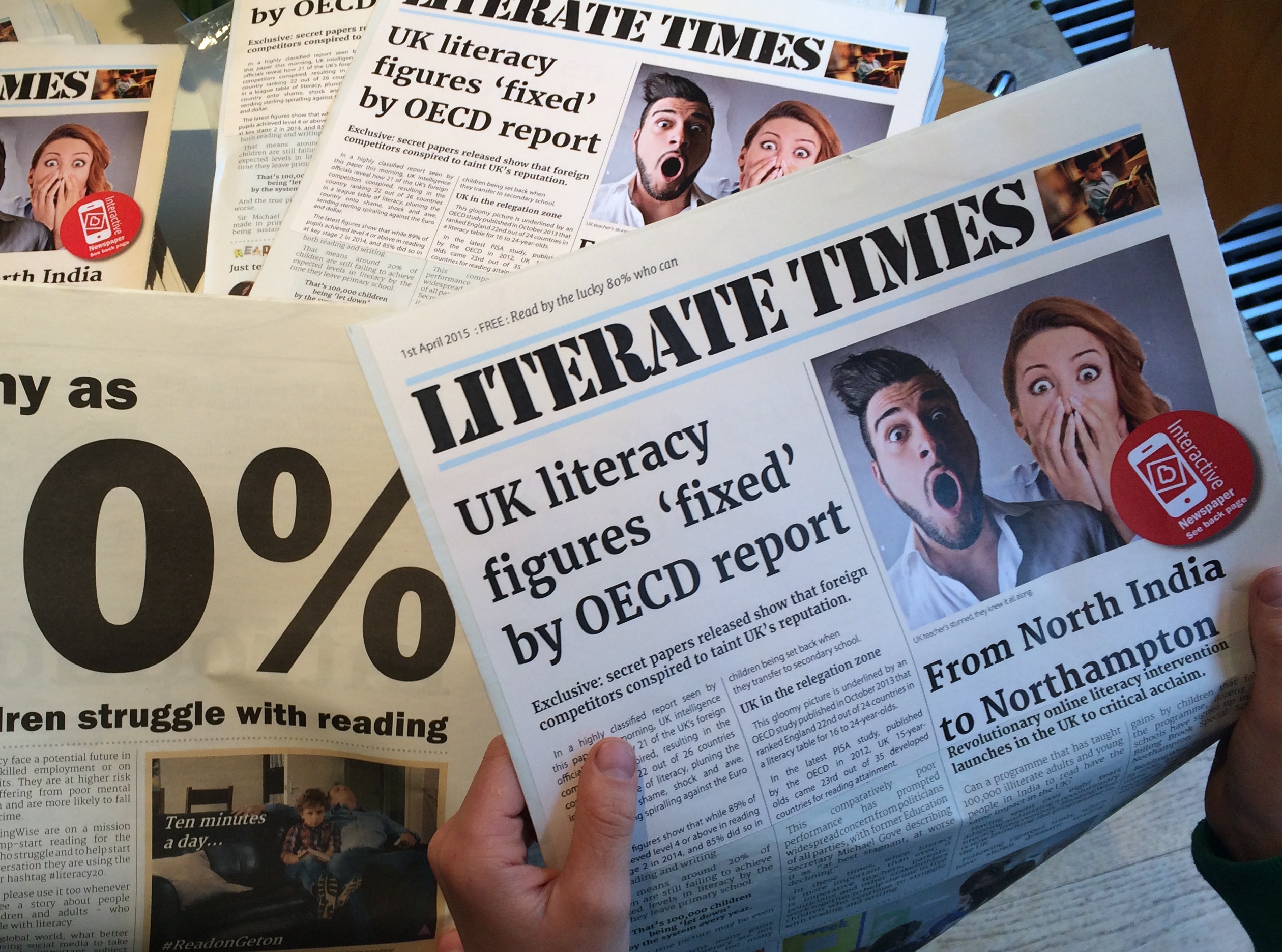
UK literacy figures ‘fixed’ by OECD report
Exclusive: secret papers released show that foreign competitors conspired to taint UK’s reputation by fixing figures to put us at 22 out of 26 countires
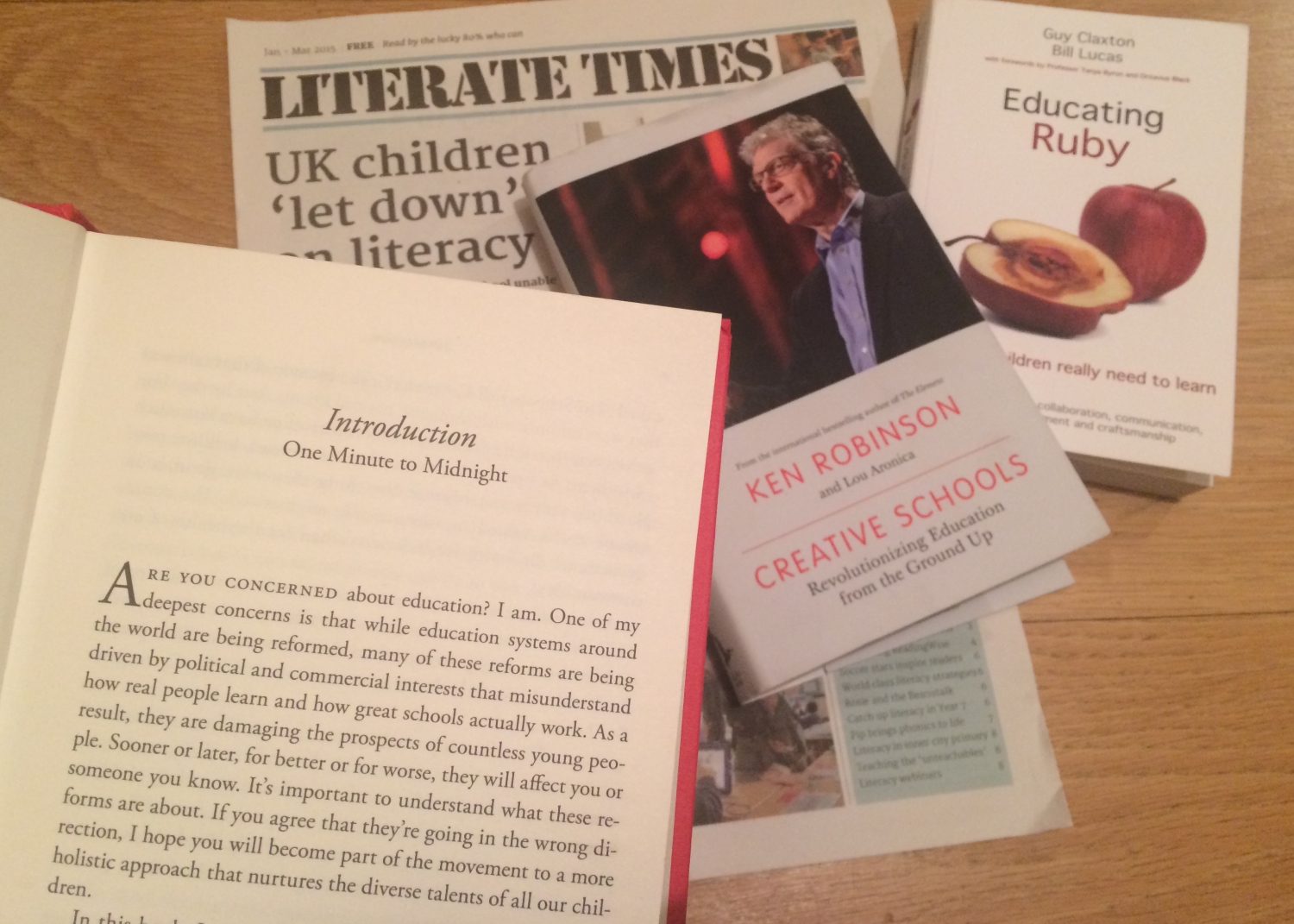
Are YOU concerned about education? Because they are. So, tell THEM.
First look at two milestone publications from two of the world's leading educationalists, Sir Ken Robinson and Professor Guy Claxton. And they seem to be almost angry men. We give THEM and you the chance to tell OUR politicians what YOU think.
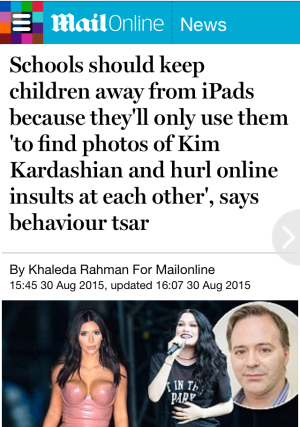
"Keep children away from iPads” says UK Education Tsar. Or did he?
A flurry of social media activity kicked off this new school year week after a few headlines in the Sunday papers: ‘Take tablets from schools, says tsar’ – screamed the Sunday Times. But did he? Should he have?
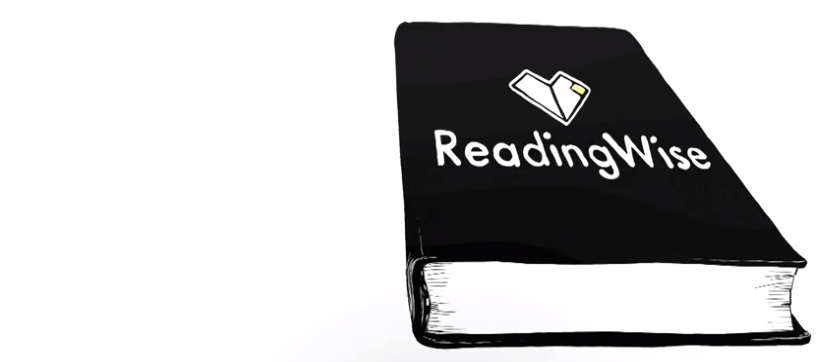
Reading: The Next Steps
Independent summary of the government’s March 5th 2015 published plans for further raising standards of reading in schools.

The ReadingWise Story - Jump-Starting Reading
This post, and the accompanying video, outline some of the key features of the UK literacy landscape today, and outline the work we are doing to support positive change.
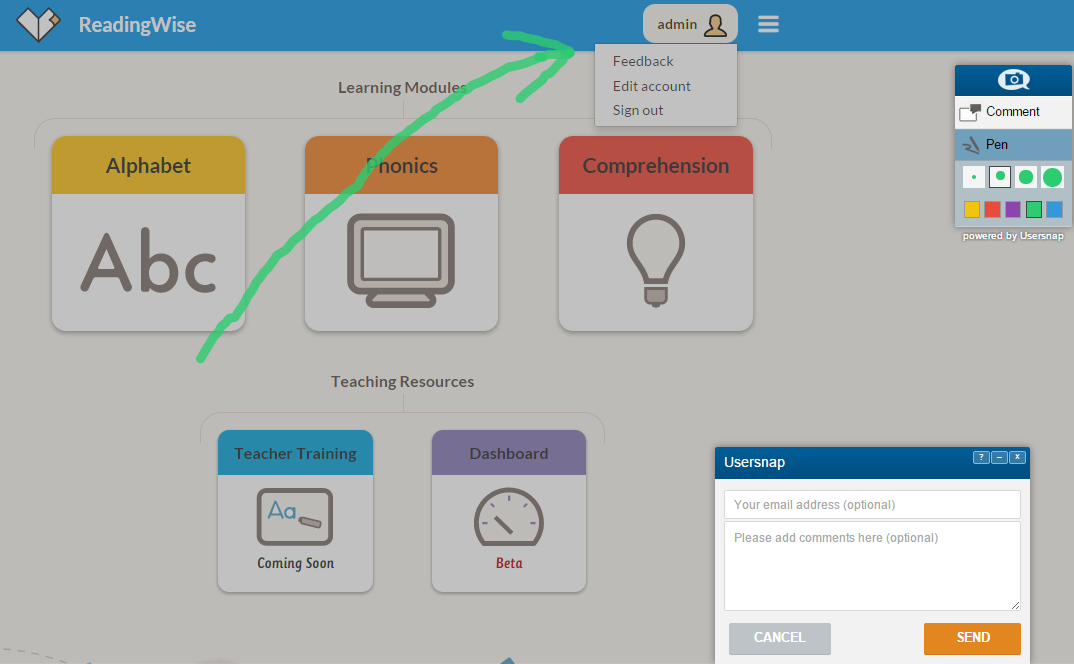
Feeding back - a ReadingWise feature
This feature makes it easy and efficient to give us feedback - from hugs to bugs
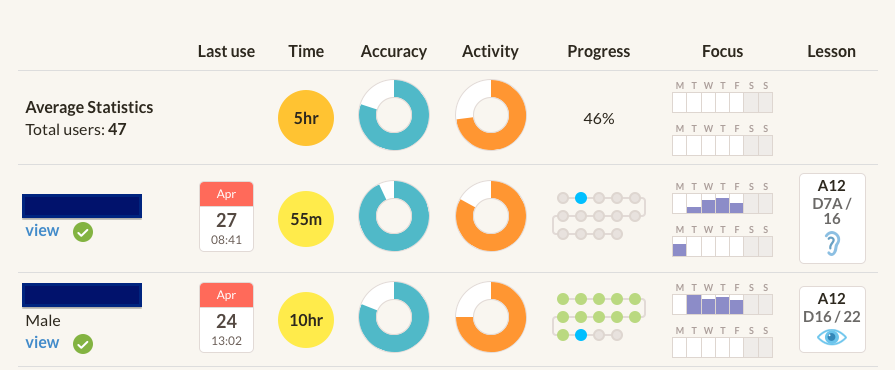
Dashboard - a ReadingWise feature
The Dashboard allows you to gain insight quickly into your learners and the progress they are making.

On the Science of Happiness and Learning Part III: Mother of All Learning
The final part of our series of blogs looking at happiness and learning in the classroom.
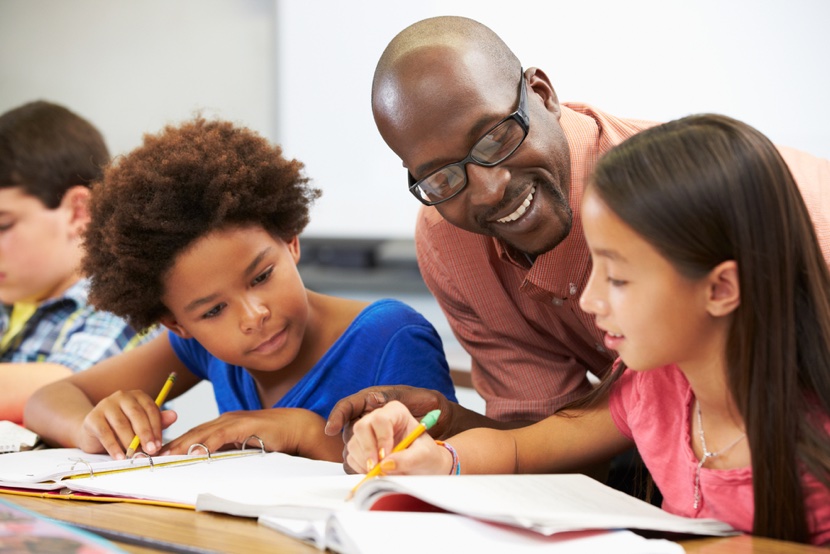
On the Science of Happiness and Learning Part II: An Apology for Confusion
Part two of our three-part look at happiness in the classroom.

On the Science of Happiness and Learning Part I: Pleasure Principles
The first in a three-part series looking at happiness and learning in the classroom
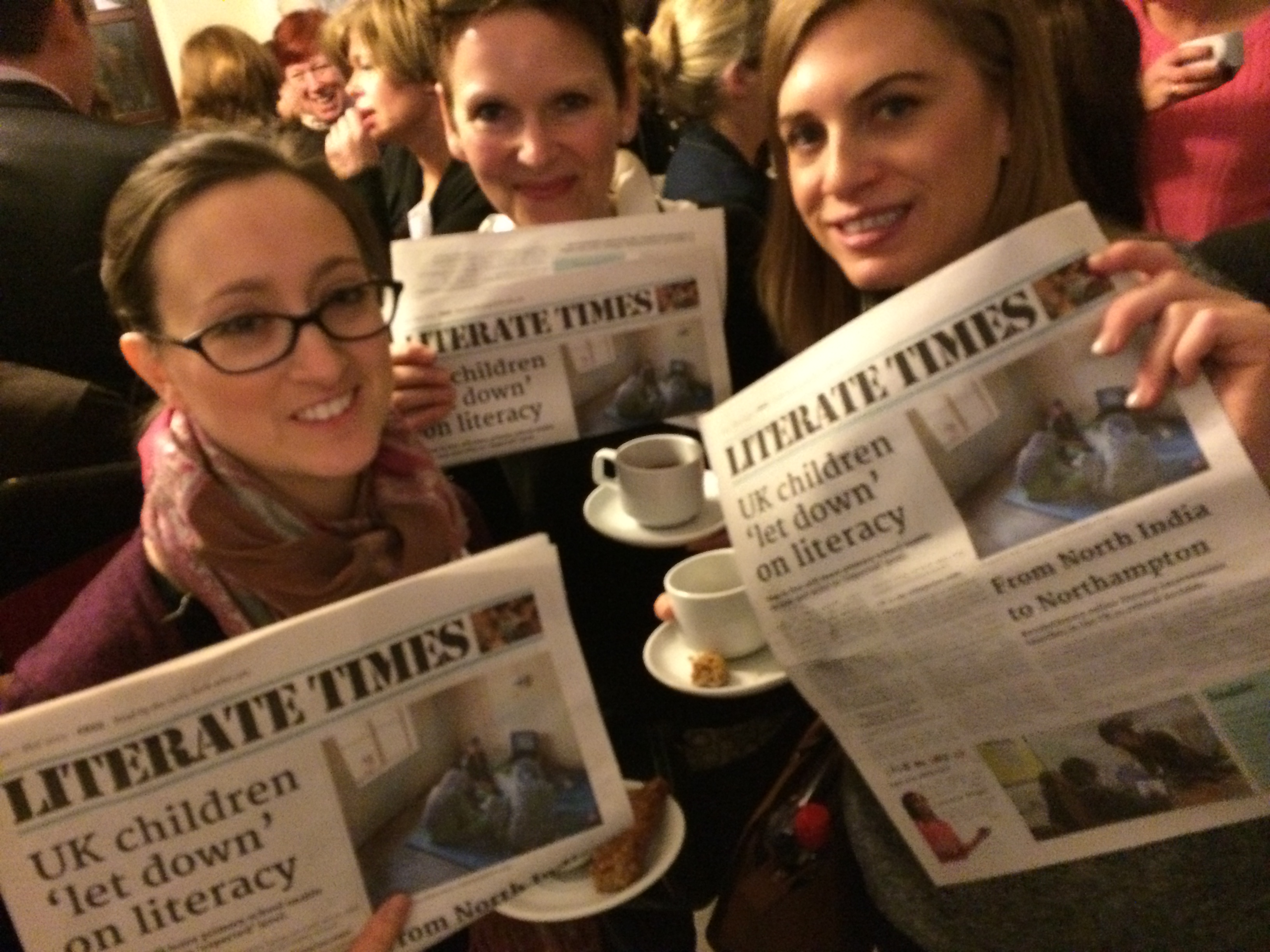
Forget reading, let’s teach our children to enjoy chocolate this half term
Observations and a short film of a gathering of politicians, Lords and a Baroness in Whitehall to discuss literacy and library provision policy. Some very interesting perspectives on how we teach our children to read.
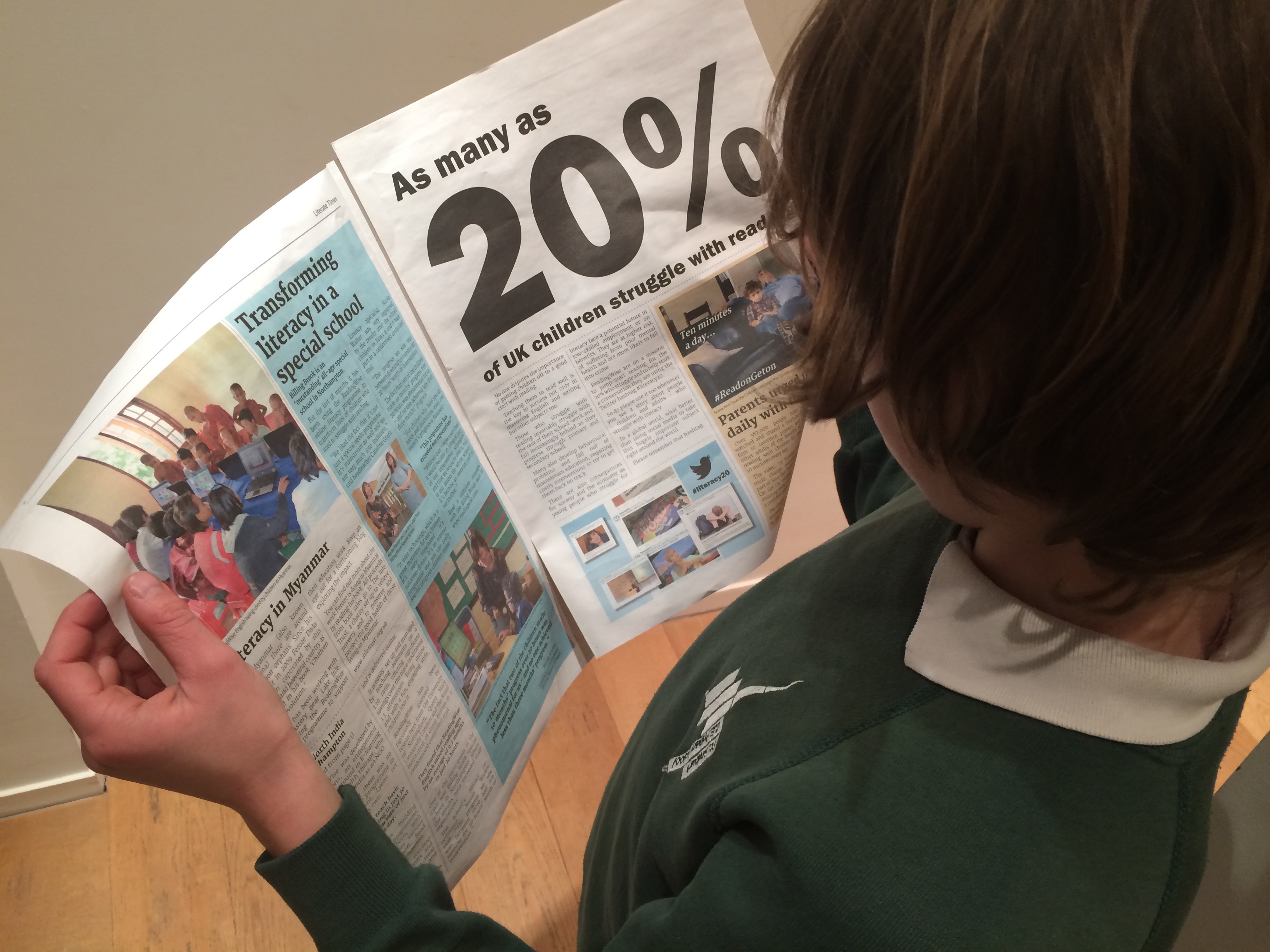
6,000 copies of Literate Times given away at BETT 2015
Welcome to The Literate Times January 2015 edition, which brings together news and views from the world of literacy

Pupil Premium Pragmatics - part 1 and 2
Exploring the Pupil Premium Grant

Let it Flow: Time, Practice and For the Love of It
Mihaly Csikszentmihalyi has pioneered the exploration of flow, a state where instrinsic motivation supports rich learning. In this article we explore his ideas.

Evidence in Education: A Case for Bottom-up Research
Should teachers play a more integral role in defining research in education? Ben Goldacre thinks so.
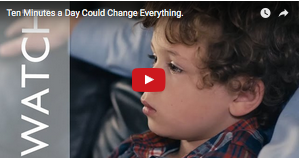
The Cost of Illiteracy
The evidence is overwhelming - illiteracy holds many back and negatively impacts all of us.
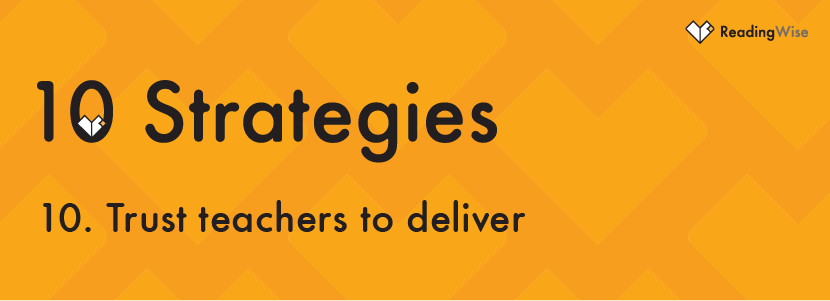
Strategy No 10: Trust teachers to deliver
Drawing on our survey of over 500 literacy teachers we look at trust, and how trusting teachers to deliver is integral to offering the best possible support for learners.
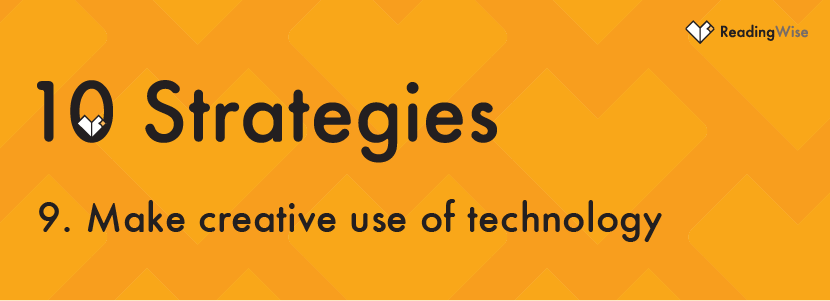
Strategy No 9: Make creative use of technology
The opening years of the 21st century have seen dizzying developments in information and communications technology. How do we harness this to impact positively on education?
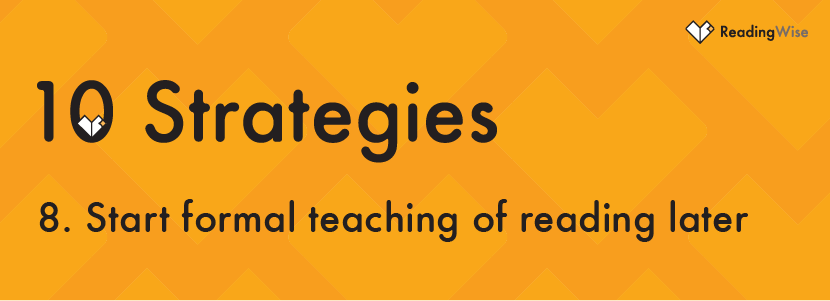
Strategy No 8: Start formal teaching of reading later
Children learn to read at different ages, and the starting age of formal teaching of reading differs in different countries. When is the best time to teach children to read?







